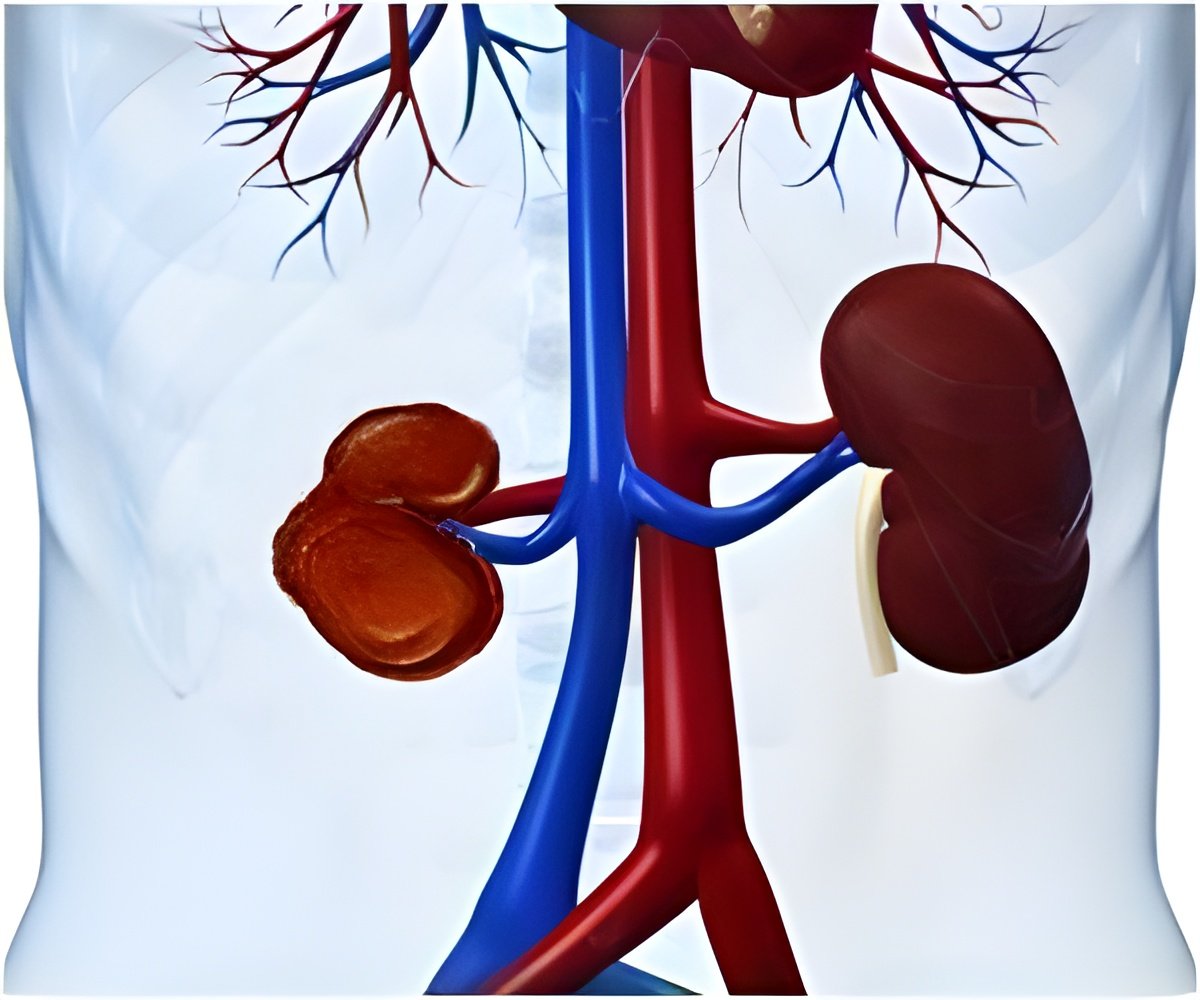
"High incidence of metabolic diseases, over-the-counter pills, dependence on traditional medicine, and high rate of infection due to being a tropical country makes for a toxic combination for the kidneys. However, there are several ways to reduce the risk, some as simple as less use of antibiotics," said Dr. Monali Sahu, secretary, Central India Nephrology Society.
Kidney diseases usually do not have any symptoms, and patients visit the doctor only when the disease becomes chronic. Since most patients consult doctors at a very late stage, it is difficult to halt or revert the progress of disease.
Rural population, minorities and the poor were mostly affected with kidney ailments. "Treatment of CKD is extremely expensive and lack of finances imply that patients forgo treatment and dialysis," said Dr. Sahu.
Nephrologist Dr. Prakash Khetan added that there are around 12,000 specialists across the country and they are concentrated in a few cities. "This adds traveling costs to the cost of treatment. The understanding of kidney diseases is also not too good among general practitioners. The investigations are expensive and the response to treatment varies widely from patient to patient. All these factors make management of patients difficult," he said.
The only way to stay safe is prevention and regular monitoring of one’s kidney functions.
Advertisement













